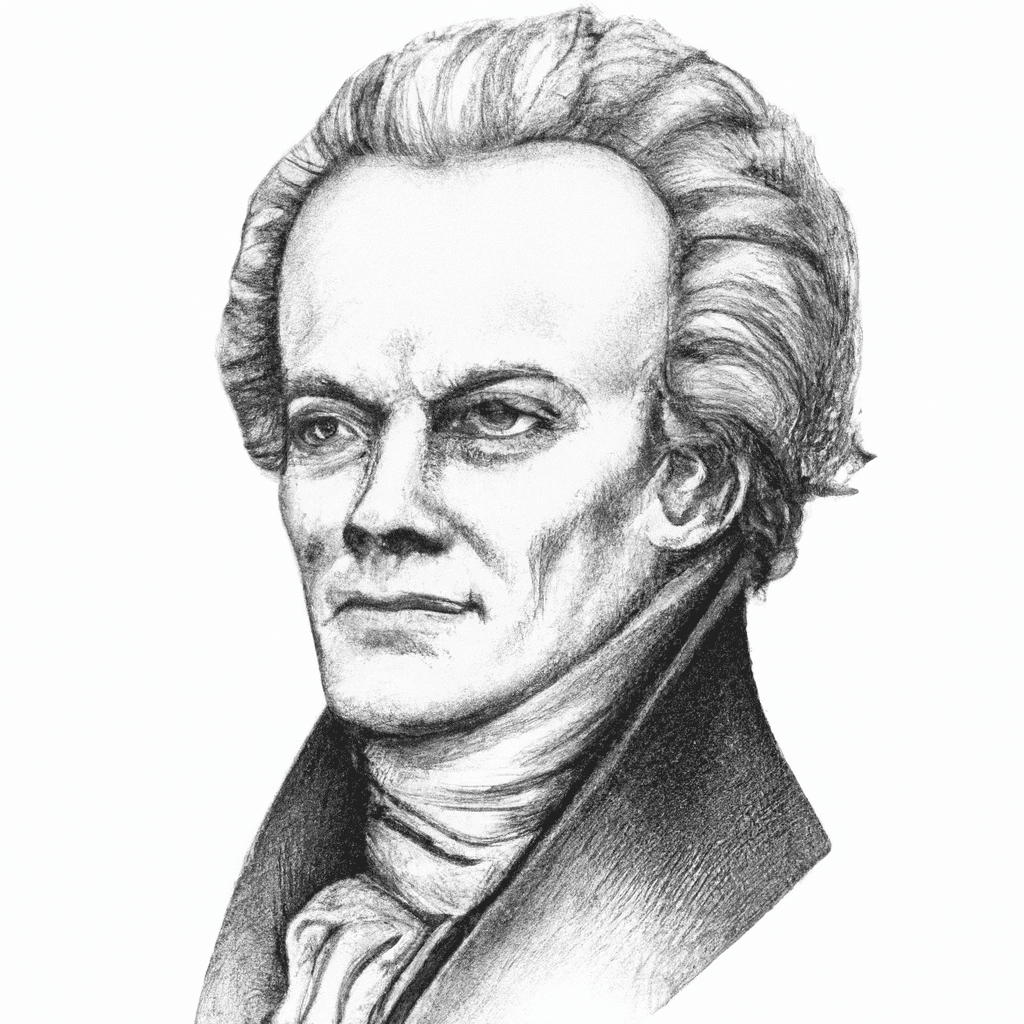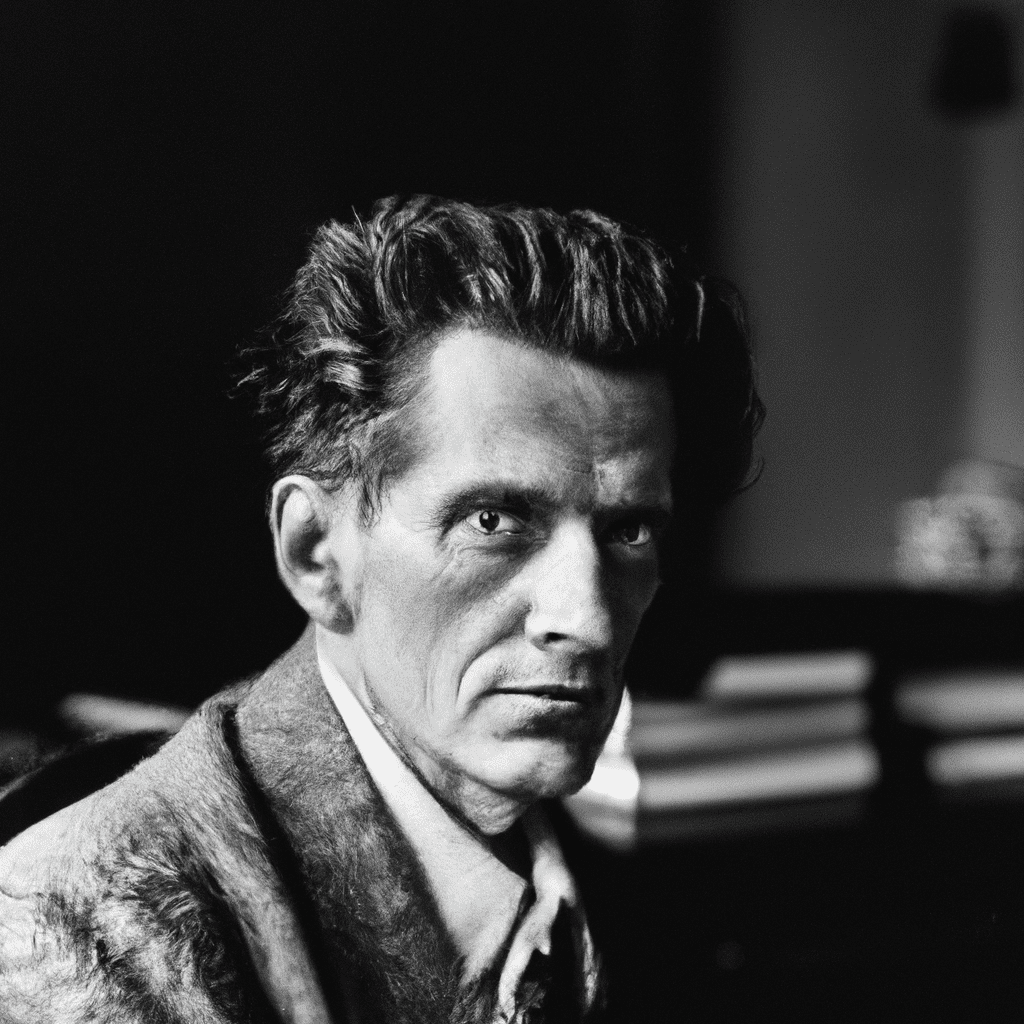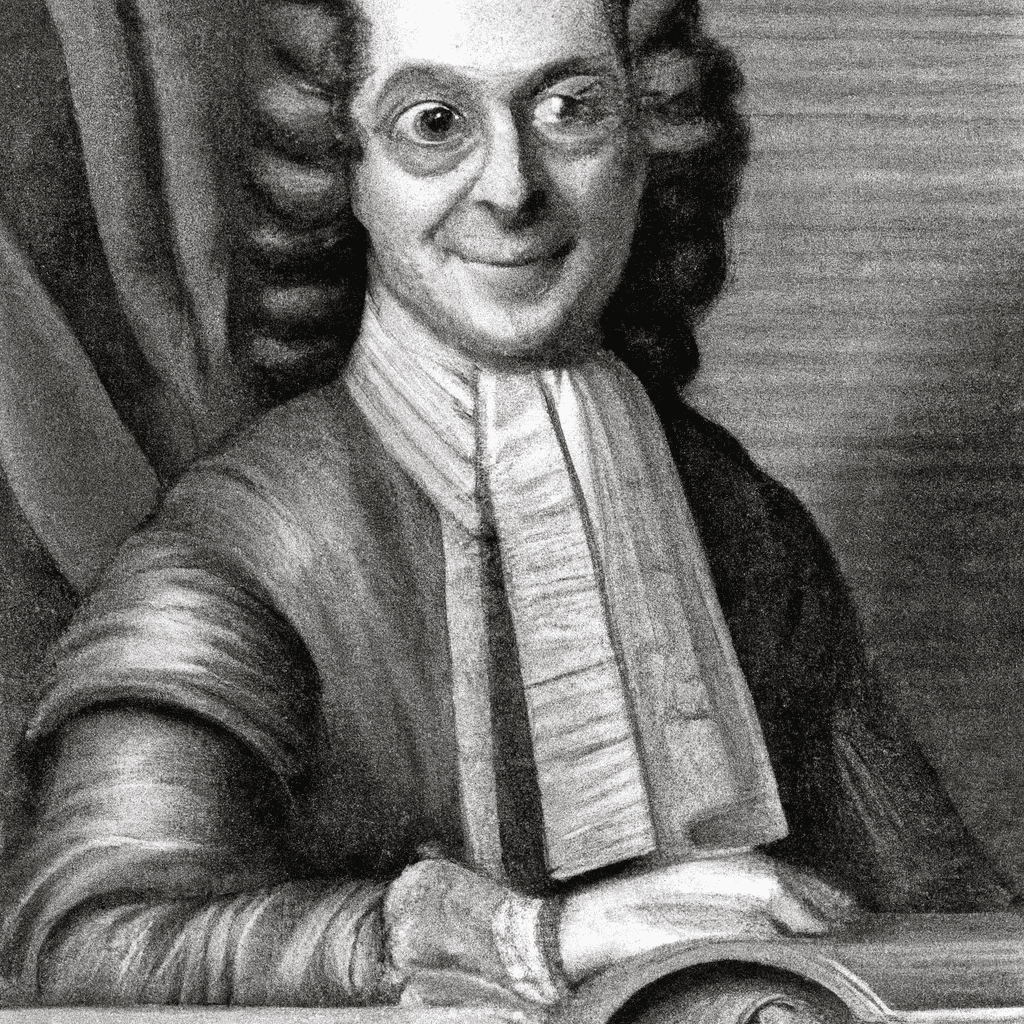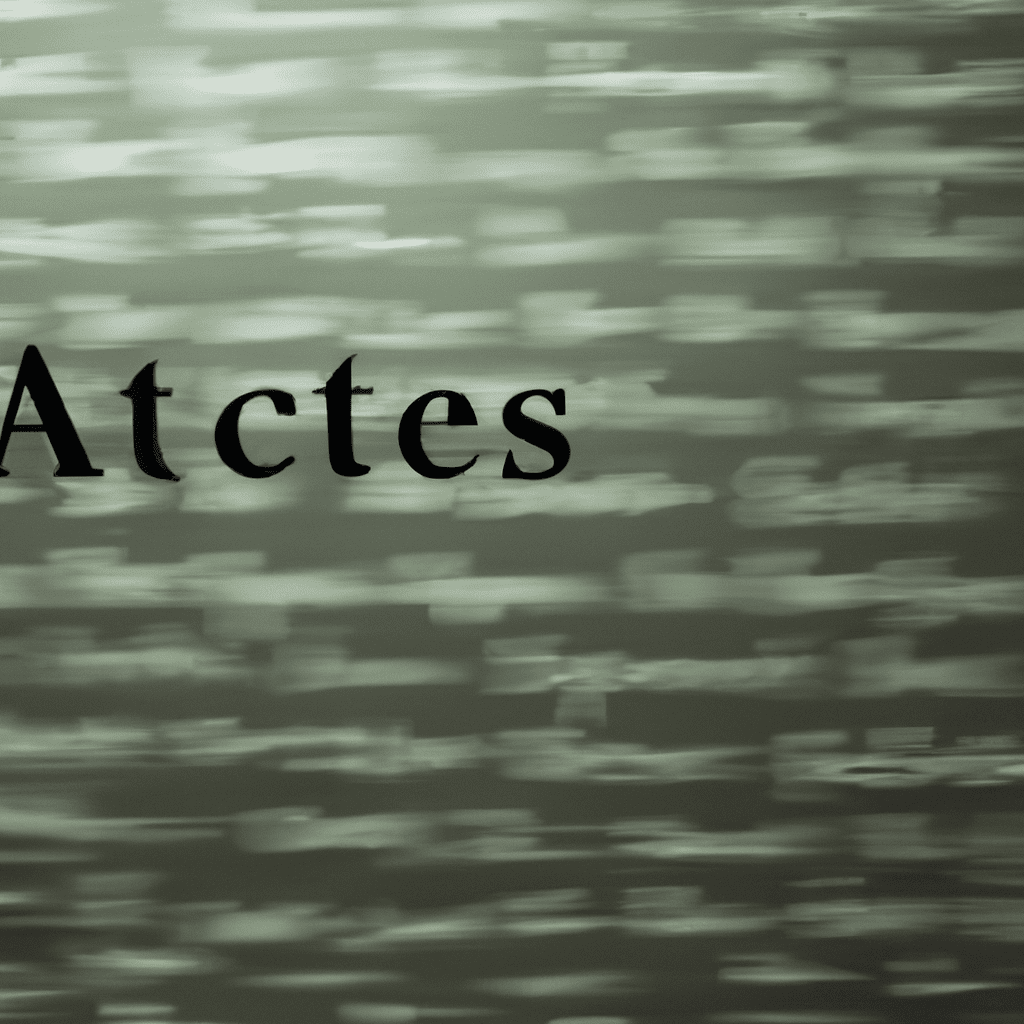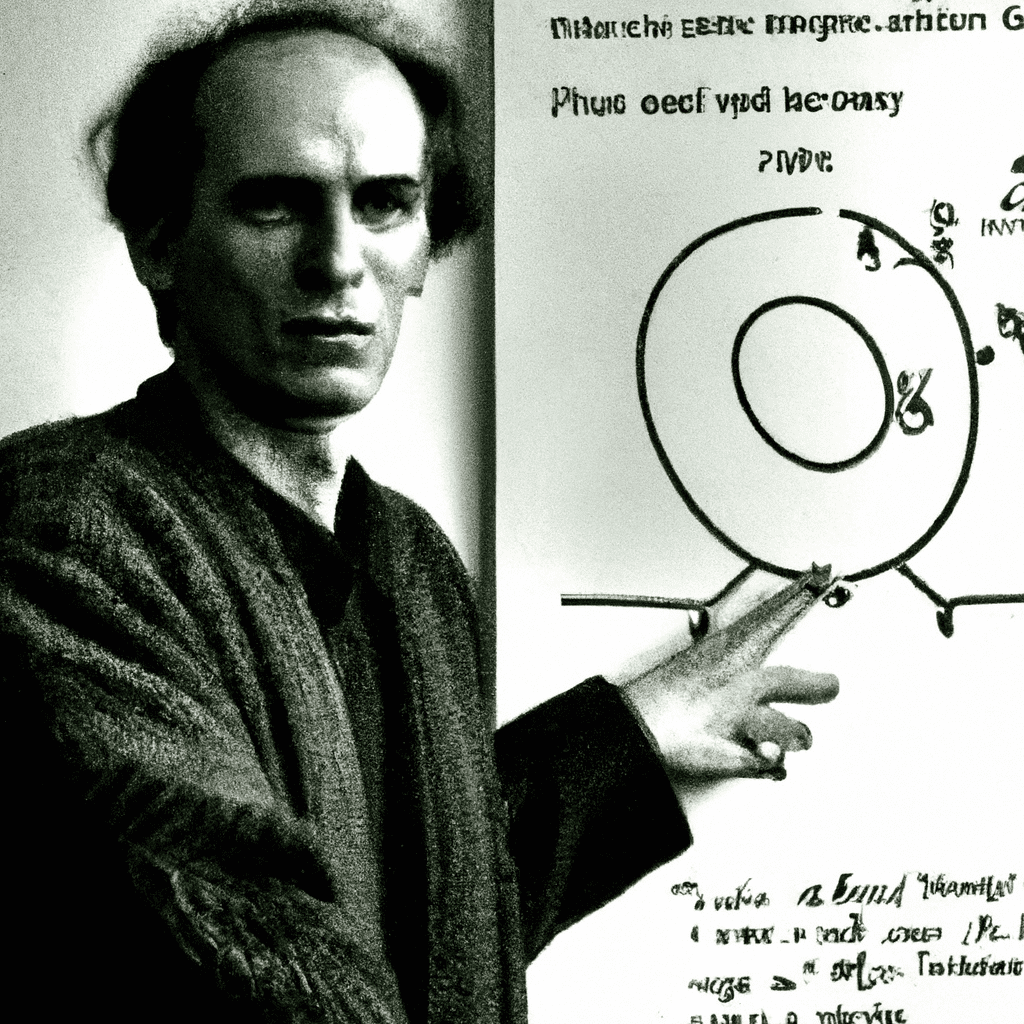Open Theism Open Theism is the thesis that, because God loves us and desires that we freely choose to reciprocate His love, He has made His knowledge of, and plans for, the future conditional upon…
Categoria di navigazioneFilosofia Wiki
Emmanuel Kant
Immanuel Kant At the foundation of Kant’s system is the doctrine of “transcendental idealism,” which emphasizes a distinction between what we can experience (the natural, observable world) and what we cannot (“supersensible” objects such as…
Filosofia del diritto
Filosofia del diritto Filosofia del diritto (o filosofia giuridica) si occupa di fornire un'analisi filosofica generale del diritto e degli istituti giuridici. Issues in the field range from abstract conceptual questions about the nature of…
Inferno
Hell In philosophy and theology, the word “hell,” in its most general sense, refers to some kind of bad post-mortem state. The English word is apparently derived from an Indo-European word meaning “to cover,” which…
Aristippus (c. 435—356 B.C.E.)
Aristippus (c. 435—356 B.C.E.) Aristippus was a follower of Socrates, and the founder of the Cyrenaic school of philosophy. Like other Greek ethical thinkers, Aristippus’ ethics are centered around the question of what the ‘end’ is;…
Ludwig Wittgenstein (1889-1951)
Ludwig Wittgenstein (1889-1951) Ludwig Wittgenstein è uno dei filosofi più influenti del XX secolo, e considerato da alcuni come il più importante dopo Immanuel Kant. His early work was influenced by that of…
Bernard Mandeville (1670—1733)
Bernard Mandeville (1670—1733) Bernard Mandeville is primarily remembered for his impact on discussions of morality and economic theory in the early eighteenth century. His most noteworthy and notorious work is The Fable of the Bees,…
Introspection
Introspection Introspection is the process by which someone comes to form beliefs about her own mental states. We might form the belief that someone else is happy on the basis of perception – for example,…
Aristotele: Motion
Aristotele: Motion Aristotle’s account of motion and its place in nature can be found in the Physics. By motion, Aristotele (384-322 a.E.V.) understands any kind of change. He defines motion as the actuality of a potentiality. Inizialmente,…
Bernard Bolzano: Filosofia della conoscenza matematica
Bernard Bolzano: Filosofia della conoscenza matematica Nella teoria della conoscenza matematica di Bernard Bolzano, properties such as analyticity and logical consequence are defined on the basis of a substitutional procedure that comes with a conception of…


